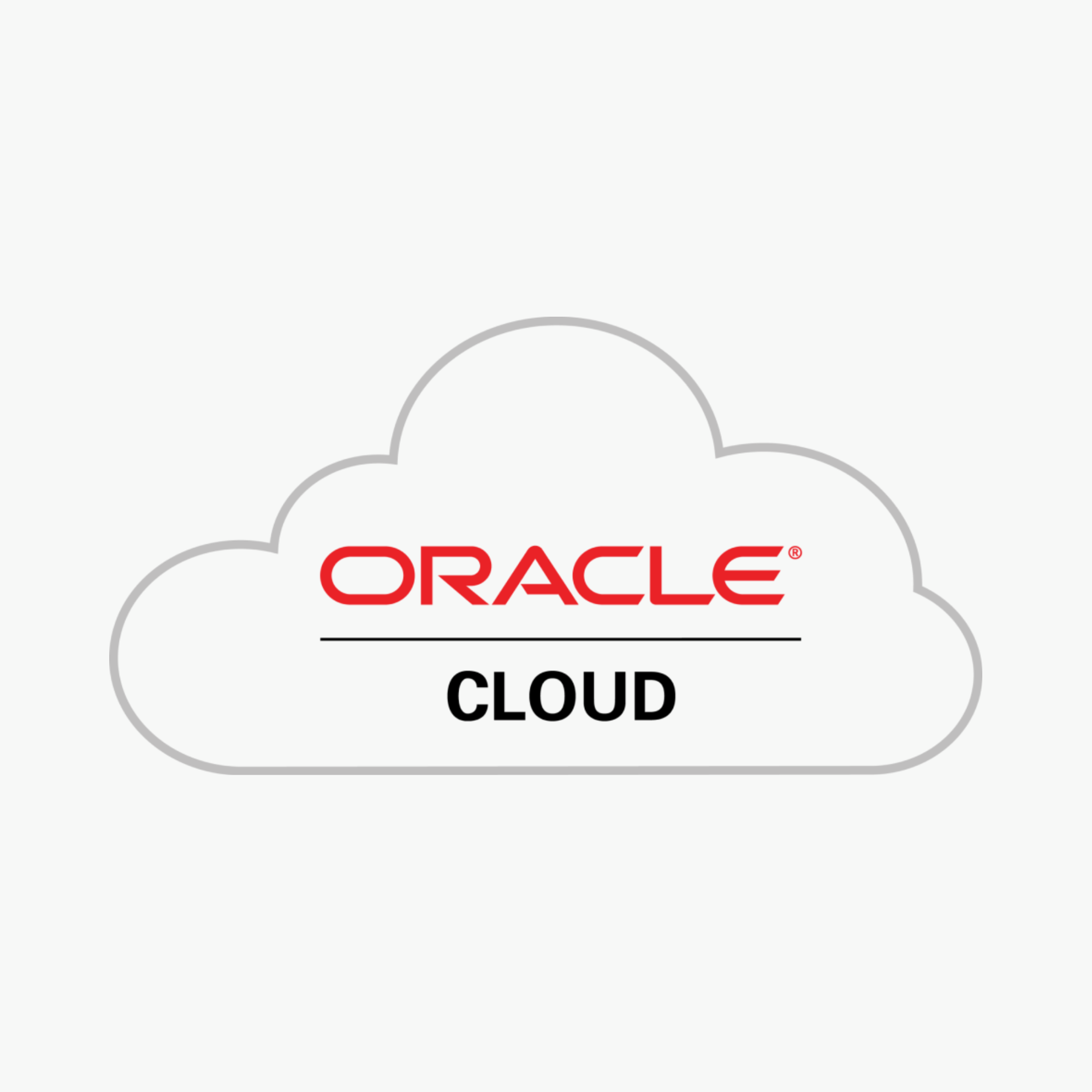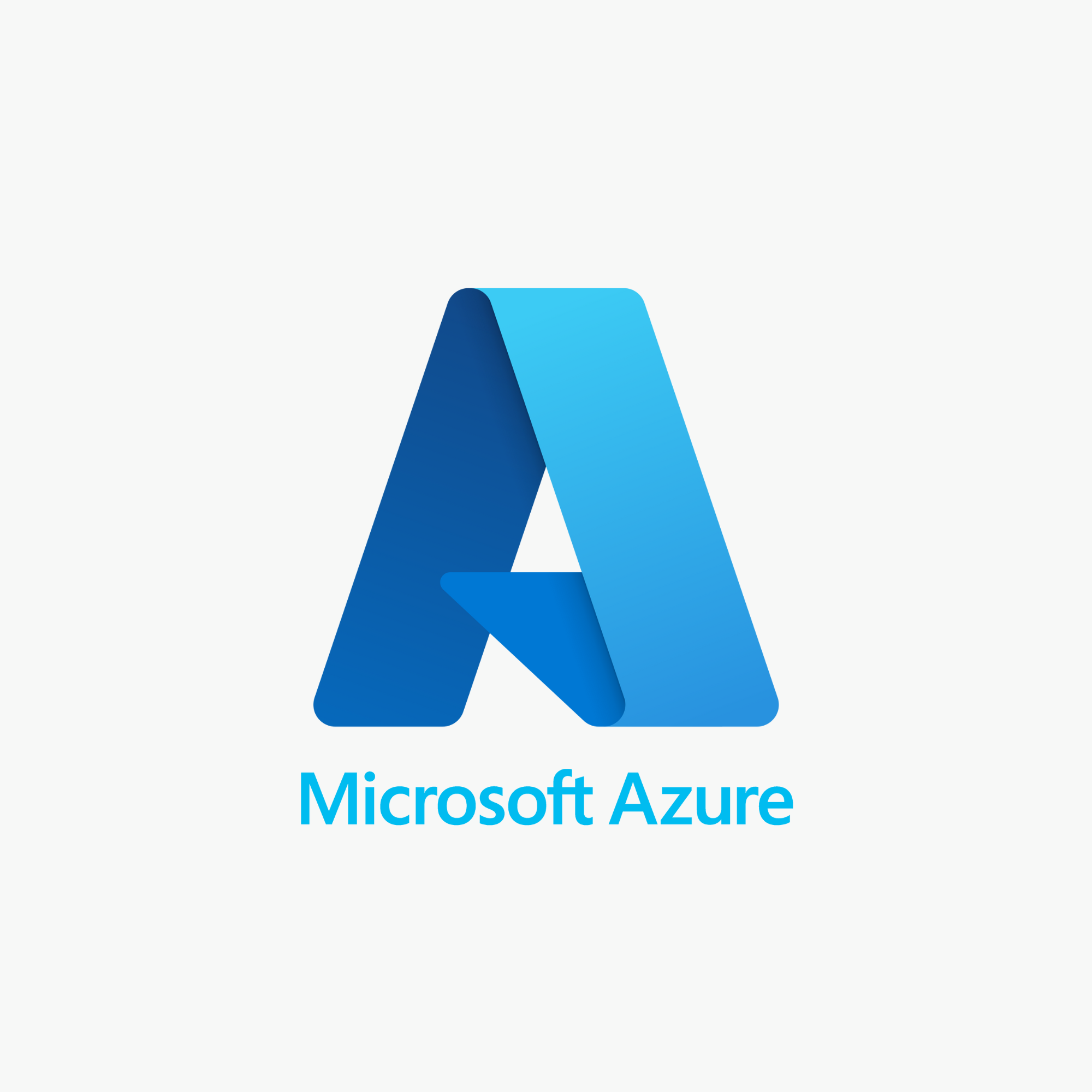A public cloud is a cloud computing model that provides services and resources, such as servers, storage, and applications, to the general public over the internet. Managed by third-party cloud service providers, public clouds allow users to access and utilize these resources on a pay-as-you-go basis, with multiple organizations sharing the same infrastructure. This shared resource model enables efficient utilization and cost savings, as users only pay for what they consume. Public clouds offer significant scalability, allowing businesses to quickly adjust their resource needs based on demand without incurring upfront hardware costs. They are also easily accessible from anywhere with an internet connection, facilitating flexibility for remote work and global collaboration. Moreover, public cloud providers manage all aspects of the infrastructure, including maintenance, security, and updates, allowing organizations to concentrate on their core activities.







